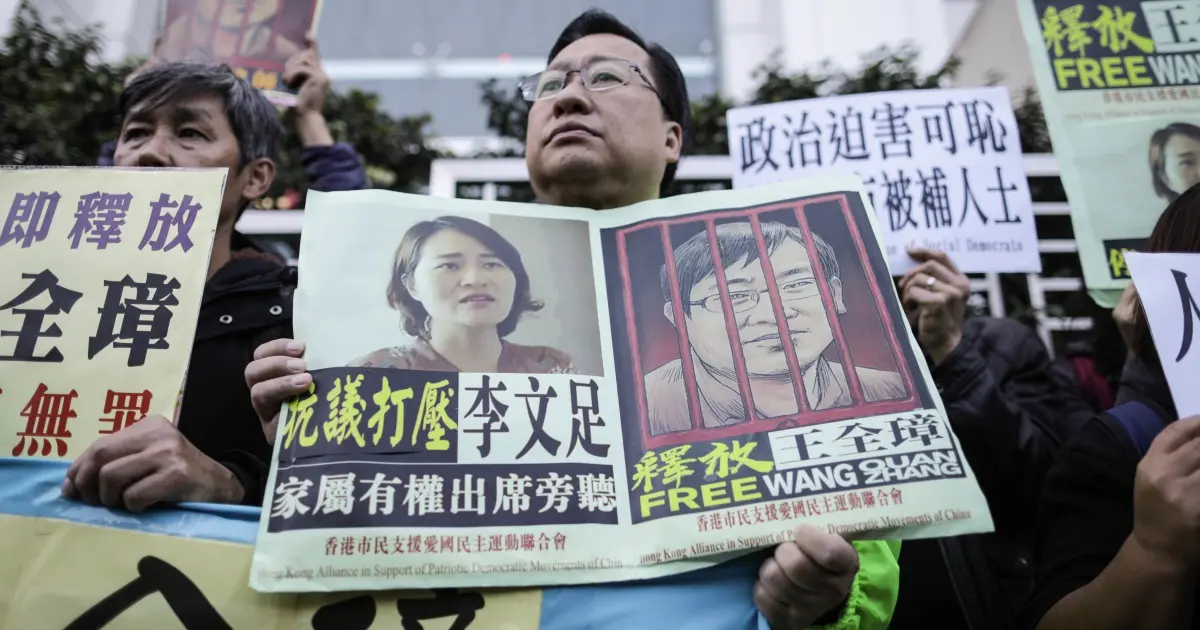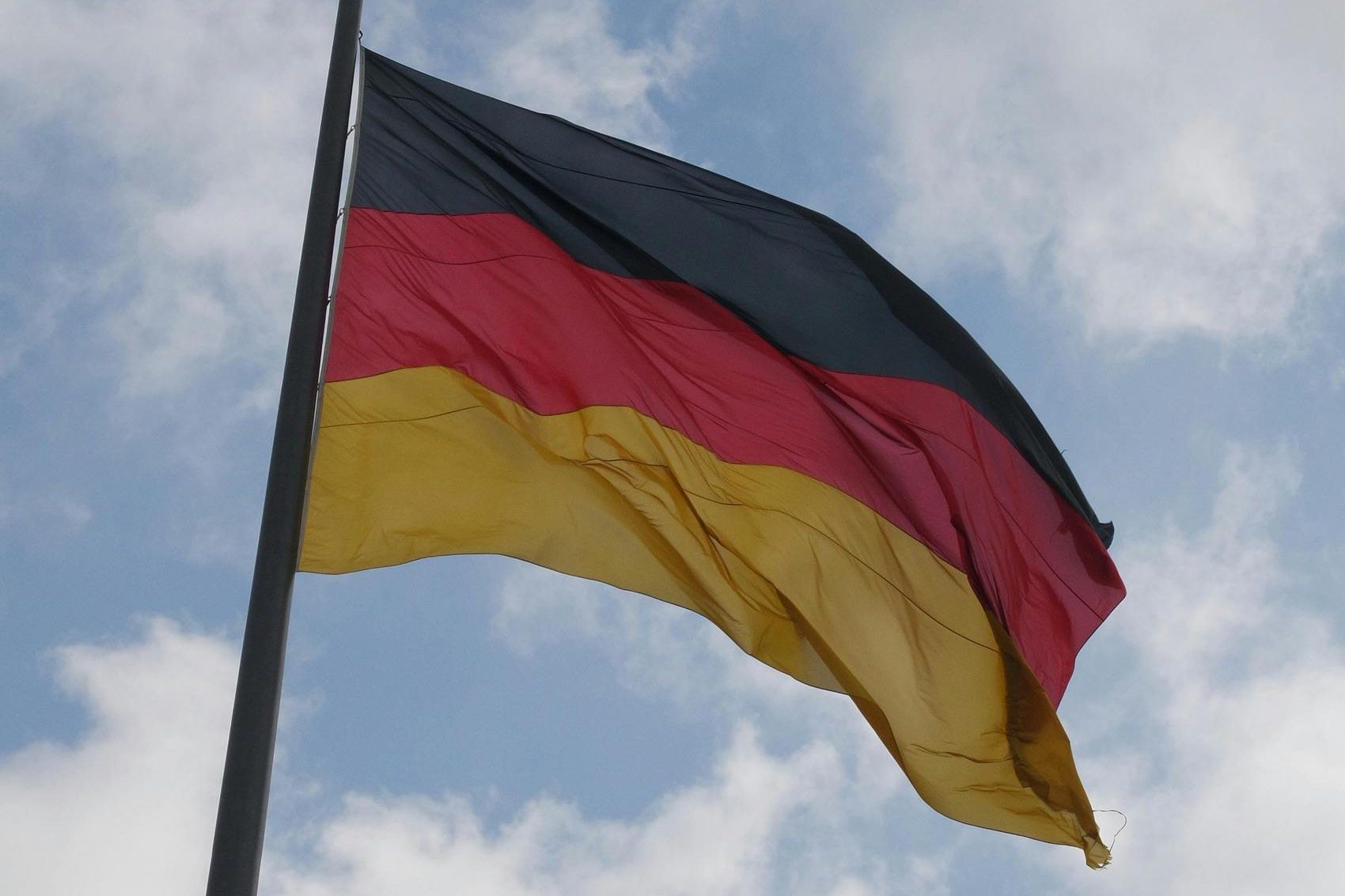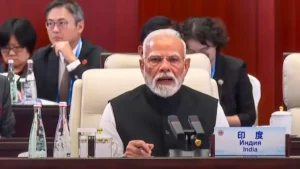Financial contagion might be faced by China
Beijing, China: Financial contagion might be faced by China as the loans are surging due to the, communist regime’s recent crackdown.
Beijing’s crackdown on overextended property developers has led to a surge in loan losses. And it has also raised fears of contagion across the nation’s $50 trillion financial sector, Nikkei Asia reported on Monday.
In the first half of the year, the developers gained good returns compared to pre-pandemic profit levels.
However, now the tougher rules including curbs on borrowing leverages and land purchasing have drawn the system to a liquidity crisis and missed debt payments.
In the first six months of the year, the real estate sector’s nonperforming loans (NPL) jumped to 30 per cent across the five largest banks to 97 billion yuan ($15 billion), according to Nikkei Asia.
For years, the real estate sector has been the backbone of the Chinese economy’s growth.
At smaller banks, bad loans have also surged to a disappointing level. The bad loans of Ping An Insurance-owned Ping An Bank has been tripled while bad loans of Bank of Shanghai rose to 26%.
Filing by various Chinese banks including Industrial and Commercial Bank of China, China Construction Bank, Bank of China and some others have shown that real estate was the second-largest source of NPLs, behind only the manufacturing, wholesale and retail category.
Ting Lu, Nomura’s chief China economist, said: “The property sector may once again be at center stage, testing the nerves of both China’s government and global investors. Markets should be prepared for what could be a much worse-than-expected growth slowdown, more loan and bond defaults, and potential stock market turmoil.”
Banks — listed in the country’s mainland — are trading at a historical low of just 0.4 times the value of their net assets compared to 0.75 times earlier this year and 1.2 times in 2019, reported Nikkei Asia.
According to state-owned publication People’s Court Daily, nearly 230 property developers have gone out of business in this year. And it was an increase of nearly 10 per cent in comparison to last year.
China’s renowned real estate company, Evergrande said last month that it may fail to repay its debt unless it can attract new investors or sell assets.
Due to non-payment to suppliers and contractors, Evergrande has been forced to suspend some projects.
The company has almost $305 billion in total liabilities.
Shujin Chen, an analyst at Jefferies in Hong Kong, said: “Authorities have imposed new rules to thwart high-profile risk events, and that should in some way go towards safeguarding the banking system.”
“Going forward, challenges are set to increase for the bank though with property sector worsening, the economy set to slow and more regulation expected across sectors which can increase NPLs,” he added.
Recently, sectors ranging from big tech to steel have been under China’s crackdown as President Xi Jinping’s targets to ensure a more equal spread of wealth, curb emissions and prevent any systemic shocks to the economy, according to Nikkei Asia.
Beijing brought a new set of strict rules under the crackdown that have limited the developer’s funding options.
Last year, officials had stated that property lending should make up no more than 40% of banks’ total lending.
It forced banks to slow advances to the developers.
Last year, the communist regime’s introduced “three red line” policy that hit the developers.
As the policy assesses developers’ financial soundness and assigns a color — green, orange, yellow or red — based on how many of the “lines” they cross.
Through this, regulators would evaluate three ratios — liabilities to assets, net debt to equity, and cash to short-term debt — before deciding whether a developer can borrow further or not.










